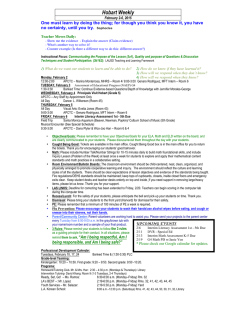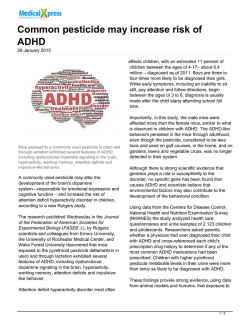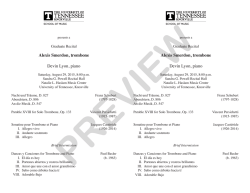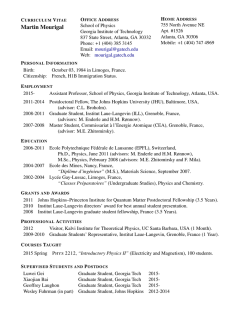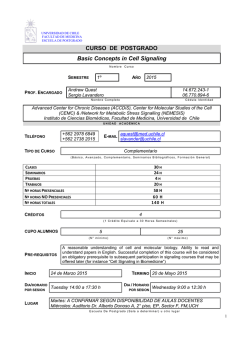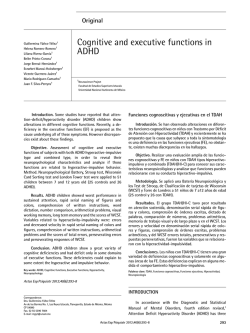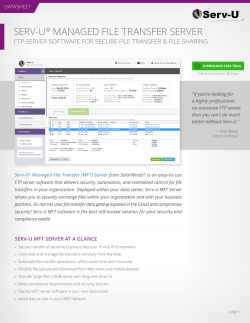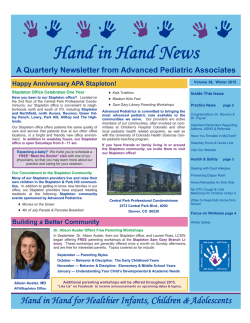
Levitra Retarded Ejaculation : Generic And Brand Drugs
Why Children Misbehave Benefits of Behavior Management Plans By Natalie Leyton, MA, MFT Behavior is a way that children express their feelings. Oftentimes, they don’t have the communication skills, the understanding or the maturity to verbalize what is going on in their lives. Children may be frustrated with teachers, family and friends. There are cognitive and emotional factors which are the source of their anger, but which aren’t always easy to recognize. They may feel angry due to teasing or bullying, being unaccepted by their peers or because they feel unable to do things as well as others. So instead, they act out what they are feeling. Parents usually resort to punishments when they are frustrated and when their emotions are quite high. Punishments often include yelling, hitting, or other actions that are often abusive, too strict/permissive or don’t address the actual problem. It is not that parents are terrible people (unlike children would have you believe), but rather, they are angry and don’t know how to handle the situation. During trying times, parents who have an existing management plan in effect, are often successful in deescalating the issue and reducing undesirable responses from their children. A behavior management plan with consequences is a dignified and effective method in dealing with problematic behavior. It isolates the problem and the reason for its occurrence. Furthermore, it includes fine-tuned interventions that allow parents to implement just, swift and fair consequences that fit within their individual family’s framework. A benefit of such a plan is that it incorporates parents’ beliefs and attitudes while maintaining goals and standards for the child. Without such a plan, parents face a continual battle with their children (and oftentimes between themselves) in trying to manage difficult situations. An organized plan removes the guesswork and the emotions, resulting in a calmer environment. The plan is developed in stages. Initially the foundation is laid. What is the problem or area of concern? When does this behavior present itself? When does it not? What other conditions Why Children Misbehave Benefits of Behavior Management Plans By Natalie Leyton, MA, MFT are present when the behavior occurs? What do others do when the behavior is being acted out? How are reinforcements delivered when the behavior is not being displayed? What strengths and weaknesses do the child and other members of the family possess? Many additional factors are considered when building a plan. Next, with a thoughtful and objective approach to dealing with particular behaviors, a plan is developed. The family then learns how to consistently follow the plan. Eliminated are confusing and guilty thoughts parents often have such as, “What should I do in this situation?” or “Is this consequence reasonable or is it too harsh?” In its place instead is a “map” by which parents can maneuver even the most difficult times. One of the advantages of this approach is that very quickly parents gain new understanding and methods to employ while children learn boundaries and consequences for their behavior. Parents remark that even a few initial strategies have helped them make it through a day with fewer battles and more success. LIFE CAN BE EASIER! ### As an ADD/ADHD Coach & licensed Marriage & Family Therapist (MFT), Natalie specializes in behavior management, ADHD, education/social/emotional issues and social skills training. To learn more about how she can help you, your child, or your school with parent coaching for behavior plans and family management techniques, please visit her website at www.NatalieLeyton.com.
© Copyright 2026
